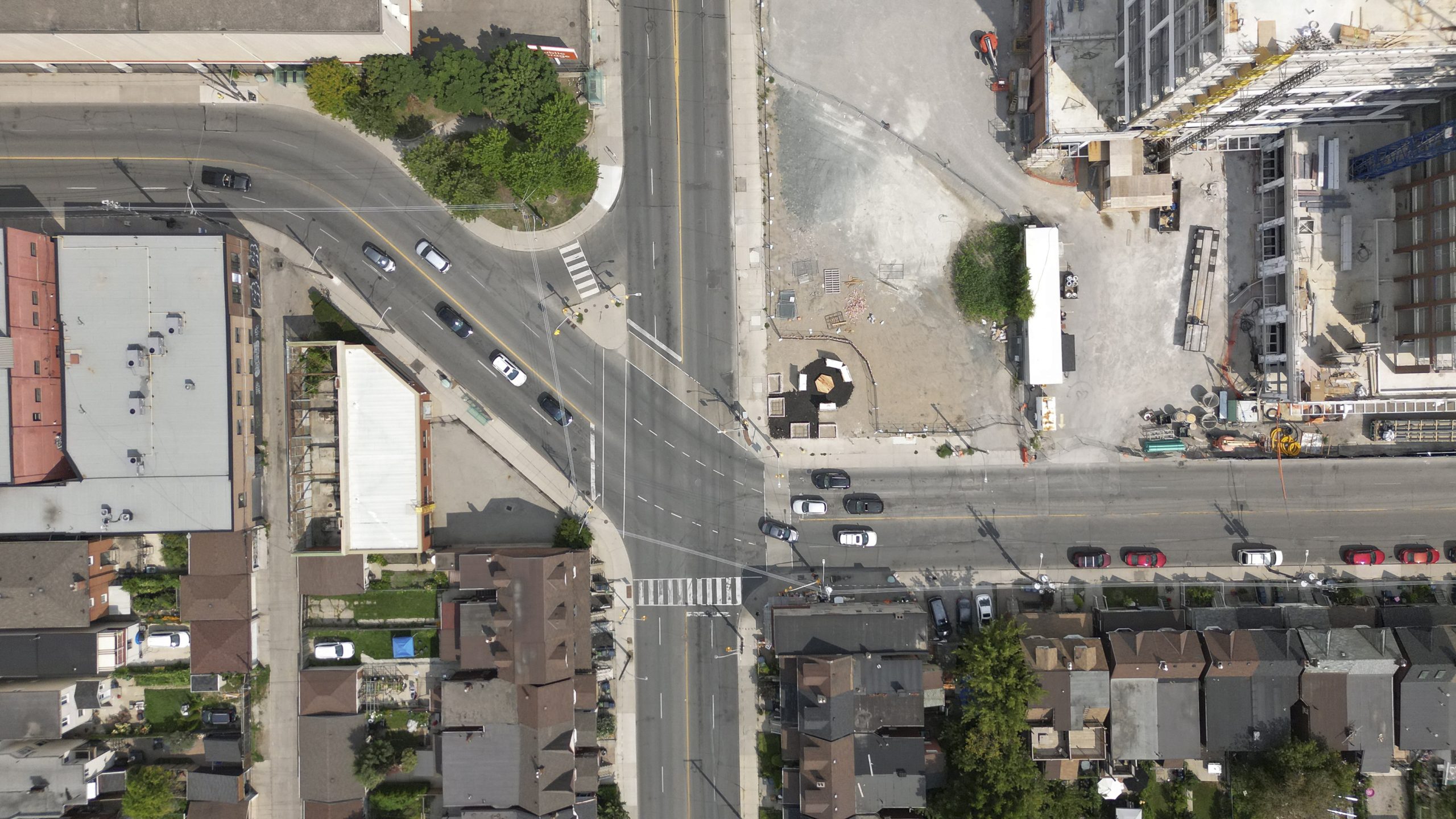This in Chris Moise's October Ward Newsletter:
Hello from Copenhagen! My role as your city councillor does not take me outside of the ward too often, but I’m proud to join Associate Professors at the University of Guelph, Dr. Jennifer McWhirter and Brendan Stewart, our Medical Officer of Health, Dr. Eileen de Villa, as well as General Manager for Transportation Services, Barbara Gray, to attend the Implementing Healthy Urban Policy Workshop that is running in Denmark this week.
Hosted by 8 80 Cities, this is a chance for myself and key City staff to learn how Copenhagen has become one of the leading examples for walking, biking and transit. I am learning a lot and look forward to seeing how we at the City could both improve health and safety outcomes while creating beautiful public spaces.
It may be a coincidence that the timing of this workshop aligns with a deeply cynical and backwards announcement from the provincial government, but that makes the news from Queen’s Park no less frustrating. The government is reportedly working on a bill that would restrict cities from removing existing lanes of traffic to accommodate bike lanes.
In the media, Premier Ford has objected to bike lanes on Bloor Street West in Etobicoke. Because he doesn’t like the direction the City is going with expanding our cycling network, he is now going to put his foot down. The willingness of this government to interfere in municipal matters that have had incredible study and consultation, and also overwhelming support at City Council remains baffling. This reported bill, if it moves forward, will threaten future efforts of the City to expand cycling infrastructure across the City, and potentially could include other changes that further limit municipal efforts to mitigate construction impacts.
I am frequently asked to champion new cycling infrastructure. While Premier Ford may disagree with me, I wanted to use my pulpit here to clarify why I support new cycling infrastructure, and why you should too.
In the downtown, widening roads is infeasible; there is no ability to add meaningful additional capacity. Meanwhile, for more than a decade, the City – following provincial planning policy under the Growth Plan for the Greater Golden Horseshoe – has been accommodating significant amounts of density. In a five year period between 2016 and 2021, this ward added over 17,000 new residents, a growth rate of 17.4%. The added pressure on our transportation system, i.e. congestion, naturally follows. As we cannot add 17.4% more traffic capacity for cars, it has become incumbent on the City to get you out of a private vehicle.
As the saying goes, “you’re not stuck in traffic. You are traffic.” Private vehicles are reliable, safe and convenient. We therefore must provide alternatives that are reliable, safe and convenient. For cyclists, that means having a robust network of connected cycling infrastructure that separates them from both pedestrians and larger vehicles. That means expanding Bike Share so there are stations both near where you live and your destination. That means maintaining cycling infrastructure properly when it is disrupted by construction or poor weather.
There are many other health and financial benefits to replacing your car with a bicycle. Less carbon dioxide, fewer fatal traffic accidents and improved personal health. Economically, you end up avoiding thousands of dollars in upkeep, fuel and insurance per year to have a personal vehicle parked for over 90% of the day. Supporting bike infrastructure also supports local businesses. And for those who complain that “they pay taxes” for the roads--falsely suggesting cyclists don’t--well you would pay less taxes on maintaining the vast network of roads in Toronto if more people switched from a car to a bicycle.
Critically, there are absolutely people who do not have an option but to use a vehicle, be it for accessibility reasons or because we haven’t, as a City, provided an alternative. If that describes you, then it means two things.
First, we have more work to do to create alternative modes of transportation that meet your needs. Second, improving your commute by car means getting other cars off the roads. In either scenario, supporting new cycling infrastructure benefits you. I am very happy that a Toronto Centre resident, Alison Stewart, has been announced as Toronto’s Bike Mayor and has been and will continue to be a stalwart advocate for bike infrastructure across the city.
If you were on the fence, I hope I have made the case why this move by the province is completely backward, and will join me in condemning any attempts to limit where new bike lanes can go in Toronto.
Chris Moise
City Councillor
Ward 13 - Toronto Centre





